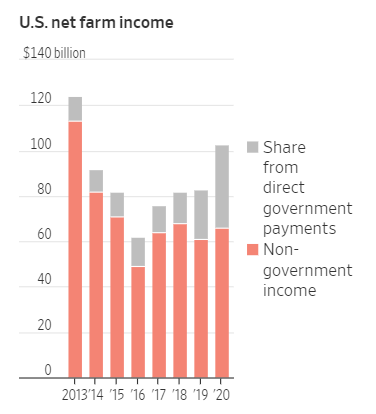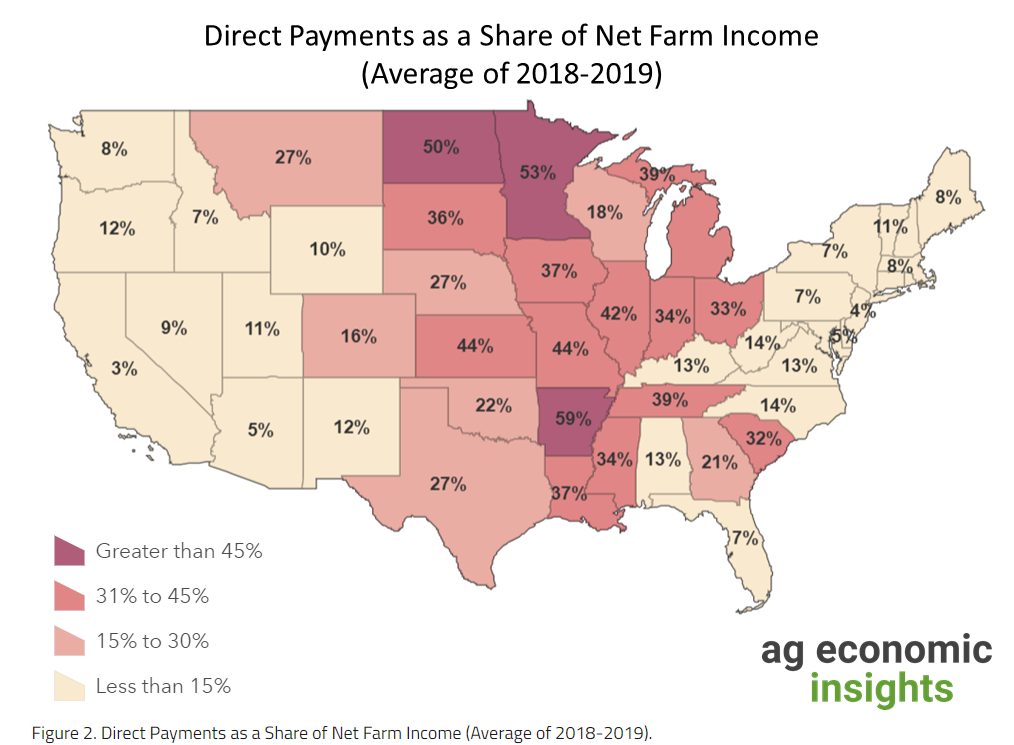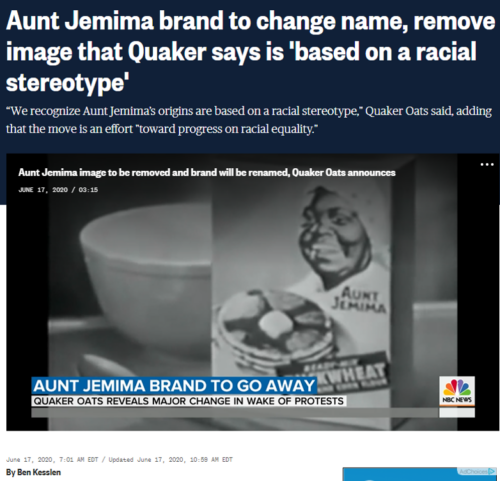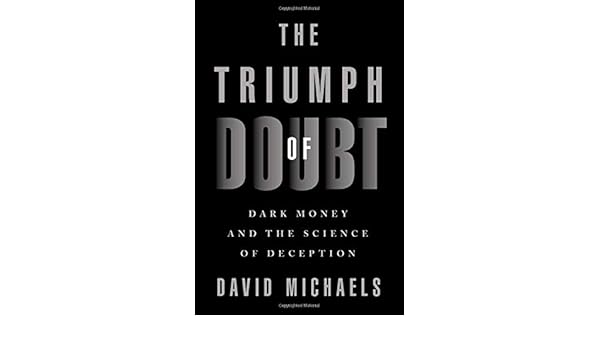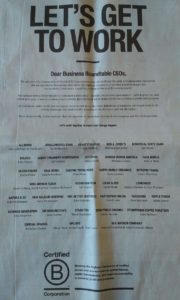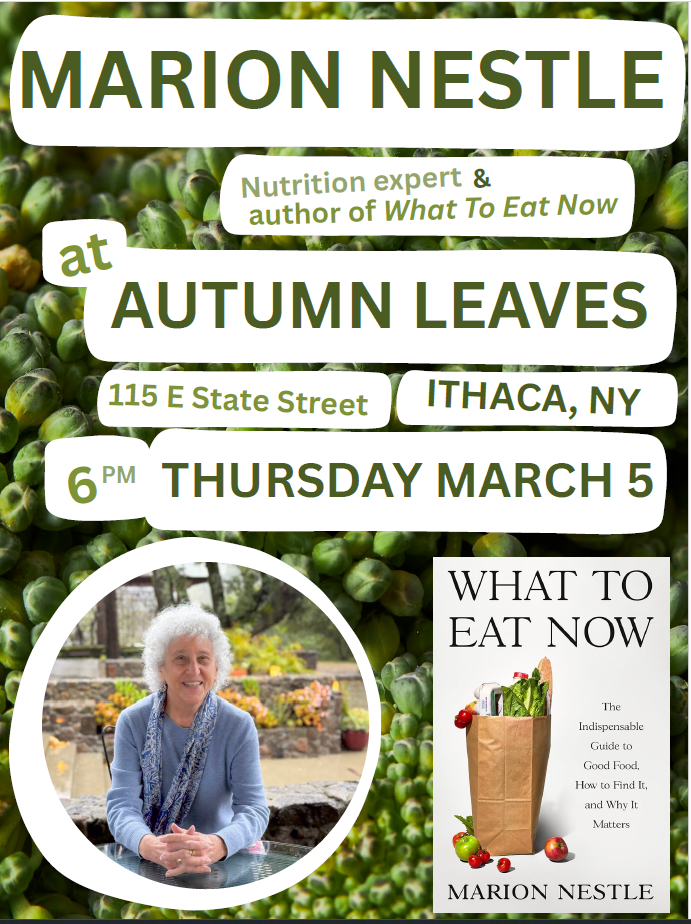The Cocoa industry’s big problems: farmer poverty and child labor
Everybody loves chocolate but there’s a lot about its production that’s not to love. It is a classic example of an exploited commodity: cocoa is grown in developing countries, sold at low cost, and processed in industrialized countries which reap the profits.
Chocolate producers are under pressure (not enough, in my view) to pay farmers decently and to make sure their kids go to school, not work.
I’ve been seeing a lot of articles about these issues lately. You can see what the issues are just from their headlines:
-
- World Cocoa Foundation says chocolate companies are committed to tackling causes of child labour: President Richard Scobey recognises research from latest NORC report on child labour in Ghana and Cote d’Ivoire’s cocoa regions, but says industry is scaling up its efforts to eradicate farmer poverty…. Read more
- NORC revises its figures on child labour in West Africa’s cocoa sector after intervention by chocolate industry: Long-awaited US government-funded report from National Opinion Research Center at the University of Chicago (NORC) that assesses progress in reducing child labour in Côte d’Ivoire and Ghana’s cocoa regions shows figures are lower than previously thought (1.56 million compared to estimates of 2.1 million in 2013/14) but it is still a sobering read for the chocolate industry, despite some signs of progress in trying to eradicate the issue…. Read more
- Mars pledges to protect children with release of its 2020 Cocoa for Generations report: Mars Wrigley has strengthened its commitment to protecting children in at-risk regions of the cocoa sector with the release of its 2020 Cocoa for Generations report detailing progress on its journey toward creating a modern, inclusive and sustainable supply chain…. Read more
- Mars discloses data map to build on its cocoa supply chain transparency: Mars Wrigley has announced it is building on its cocoa supply chain transparency by releasing an interactive map that discloses data on where it sources its cocoa. Read more
- Barry Callebaut makes unprecedented move of releasing its direct cocoa sourcing map: Barry Callebaut Group, one of the world’s largest cocoa manufactures, has released a collection of farmer data in its supply chain by going public with a map of all its cocoa suppliers in West Africa. Read more
- Industry coalition calls for Ghana and Cote d’Ivoire to support cocoa farmers and protect forests: A coalition consisting of 350 environmental, human rights, and good governance NGOs has signed an historic letter outlining steps that the Ghanaian and Ivorian governments must take to encourage sustainable cocoa while supporting farmers and protecting forests. Read more
- Ghana and Cote d’Ivoire cancel Hershey’s sustainability programmes as row over ‘cheap cocoa beans’ intensifies: Ghana and Cote d’Ivoire have carried out their threat to cancel Hershey’s cocoa sustainability schemes in their countries, accusing the US giant of trying to avoid paying the cocoa Living Income Differential (LID) premium aimed at combating farmer poverty – and agreed by the two governments and chocolate companies, including Hershey. Mars denies any similar allegations…. Read more
- Cote d’Ivoire lifts ban on Hershey sustainability programmes after company commits to LIDCote d’Ivoire has announced it has lifted its suspension on cocoa sustainability schemes run by Hershey, in the latest twist in the ‘cheap beans’ row that has threatened to jeopardise the delicate relationship between the big chocolate companies and cocoa-growing countries in West Africa…. Read more
- Cocoa Barometer 2020 demands industry stops beating about the bush and ends farmer poverty once and for all: After two decades of failed interventions across the cocoa sector, cocoa farming communities are still battling the effects of poverty, child labour and deforestation, the new report highlights…. Read more
- A lawsuit claiming that Nestle USA and Cargill Inc. exploited child labor on Ivory Coast cocoa plantations was before the Supreme Court on Tuesday. Justices raised doubts about the case but also sounded reluctant to give corporations immunity for human rights abuses committed overseas, The Wall Street Journal writes.
- Cote d’Ivoire’s cocoa exports plummet as COVID and LID disrupt market: Sales of Cote d’Ivoire’s cocoa crop are the worst in decades, industry sources say, as COVID-19 drives down global demand for chocolate and the controversial Living Income Differential (LID) increases the price of its, and neighbouring Ghana’s, cocoa beans. Hershey issues statement on ‘cheap beans’ row…. Read more
These are long-standing issues. They should have been addressed more effectively years ago. Here is some background reading:

